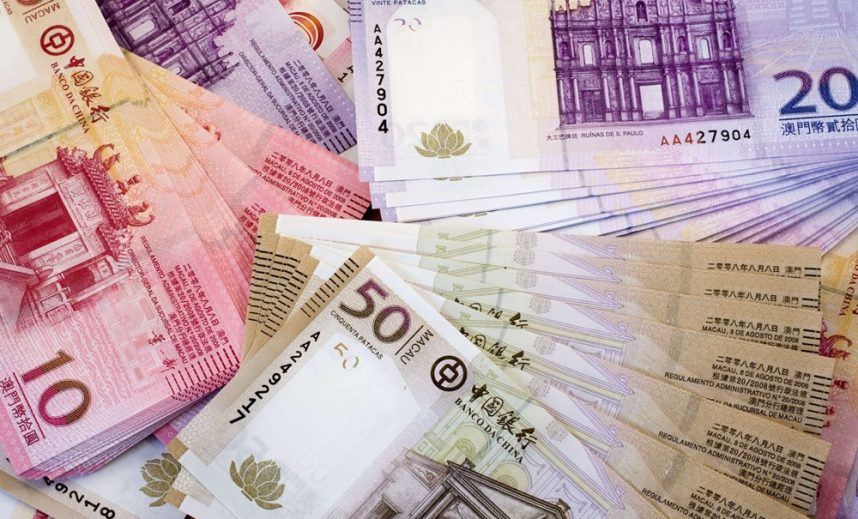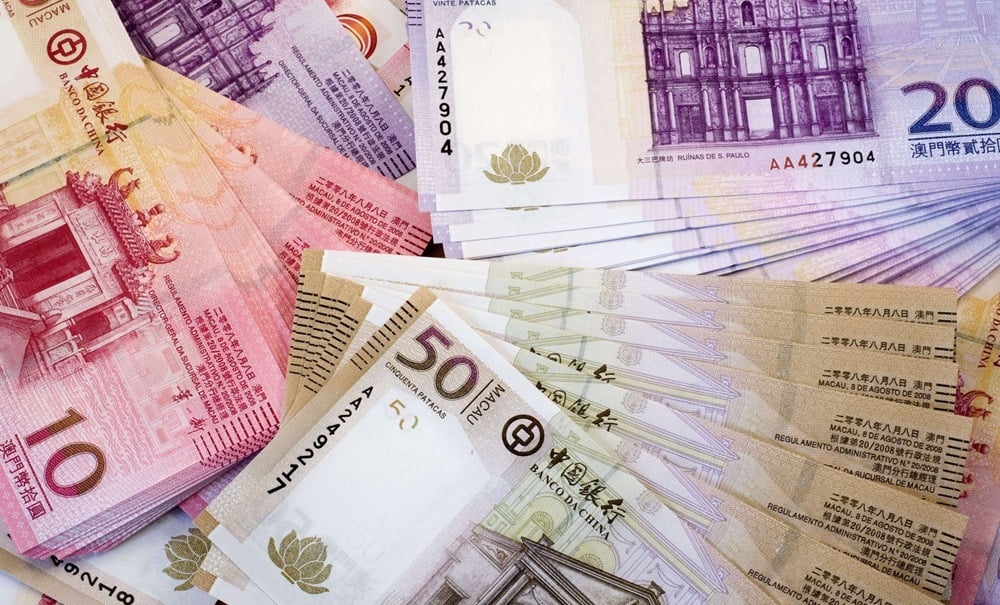Posted on: May 24, 2024, 12:35h.
Last updated on: May 24, 2024, 12:35h.
Macau casinos filed 89.1% more suspicious transaction reports (STRs) in Q1of 2024 than in the corresponding period last year, according to new data from the special administrative region’s (SAR) Financial Intelligence Office.

The numbers reflect a growth in transactions generally, as Macau’s post-pandemic rebound continues, but also the tightening of regulatory controls in the casino hub.
STR’s are prompted by customer behavior that could be indicative of money laundering, such as the conversion of chips when no or minimal gaming has taken place, or the conversion of chips on behalf of third parties.
A large currency exchange is also a trigger for STRs. Meanwhile, casinos are required to file a large-amount transaction report (LTR) for transactions above the MOP500,000 (roughly US$62,000) threshold.
Beijing Influence
Casino operators filed 1,125 STRs between January and March 2024, according to the new data. That’s up from 595 in Q1 2023. Meanwhile, the 3,431 STRs filed throughout the whole of 2013 marked an 80% increase over 2019, the last year unaffected by the pandemic.
Through its influence on Macau, the People’s Republic of China (PRC) has long sought to clean up the SAR’s casino industry.
Gambling is illegal in mainland China, and Beijing has blamed Macau’s casinos – and particularly its junket operators – for encouraging capital flight and money laundering.
A staggering $202 billion in “ill-gotten funds” were channeled through Macau each year, according to a 2013 report by the Chinese Communist Party’s Congressional-Executive Commission.
The writing was on the wall from 2014 when President Xi Jinping expressed his hope during a visit to Macau that the SAR could “better regulate the gaming industry” with “courage and wisdom.”
Tighter Controls
The casino relicensing process of 2022 was the first since Macau opened itself up to international operators two decades earlier. This was an opportunity to rewrite the rules, clamp down on the junkets, and establish a new set of financial standards for casinos with Beijing’s quiet approval.
Beijing also wants Macau to diversify its economy so it can move away from its dependence on casino-driven capitalism and has encouraged it to become a financial hub, although it is a long way from rivaling its neighbor, Hong Kong, on that front.
A recent report by the British government on overseas business risk noted that anti-money laundering (AML) compliance had improved in Macau over the past decade, but it concluded that “the risk of money laundering within the gaming industry remains of significant concern.”




